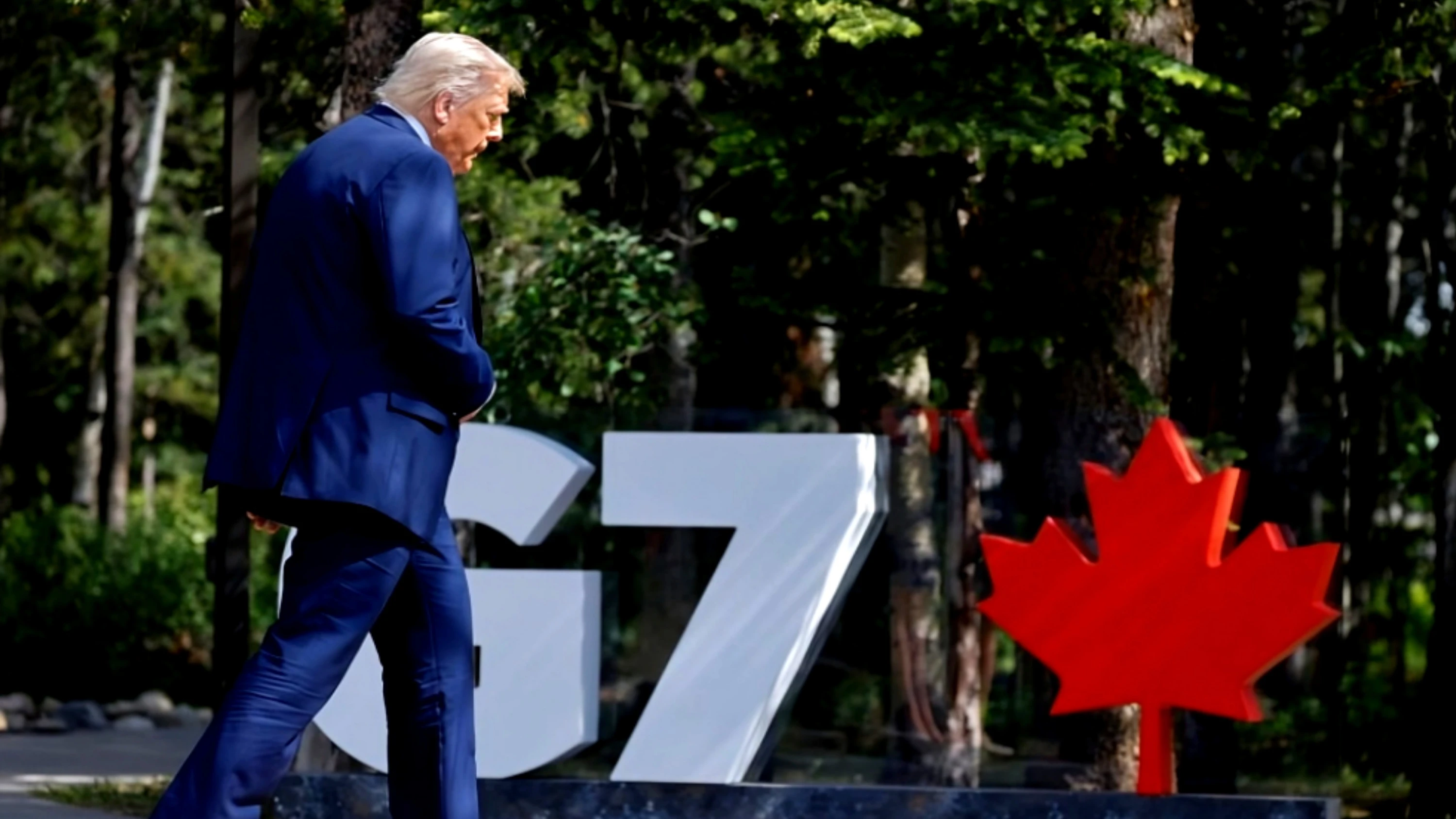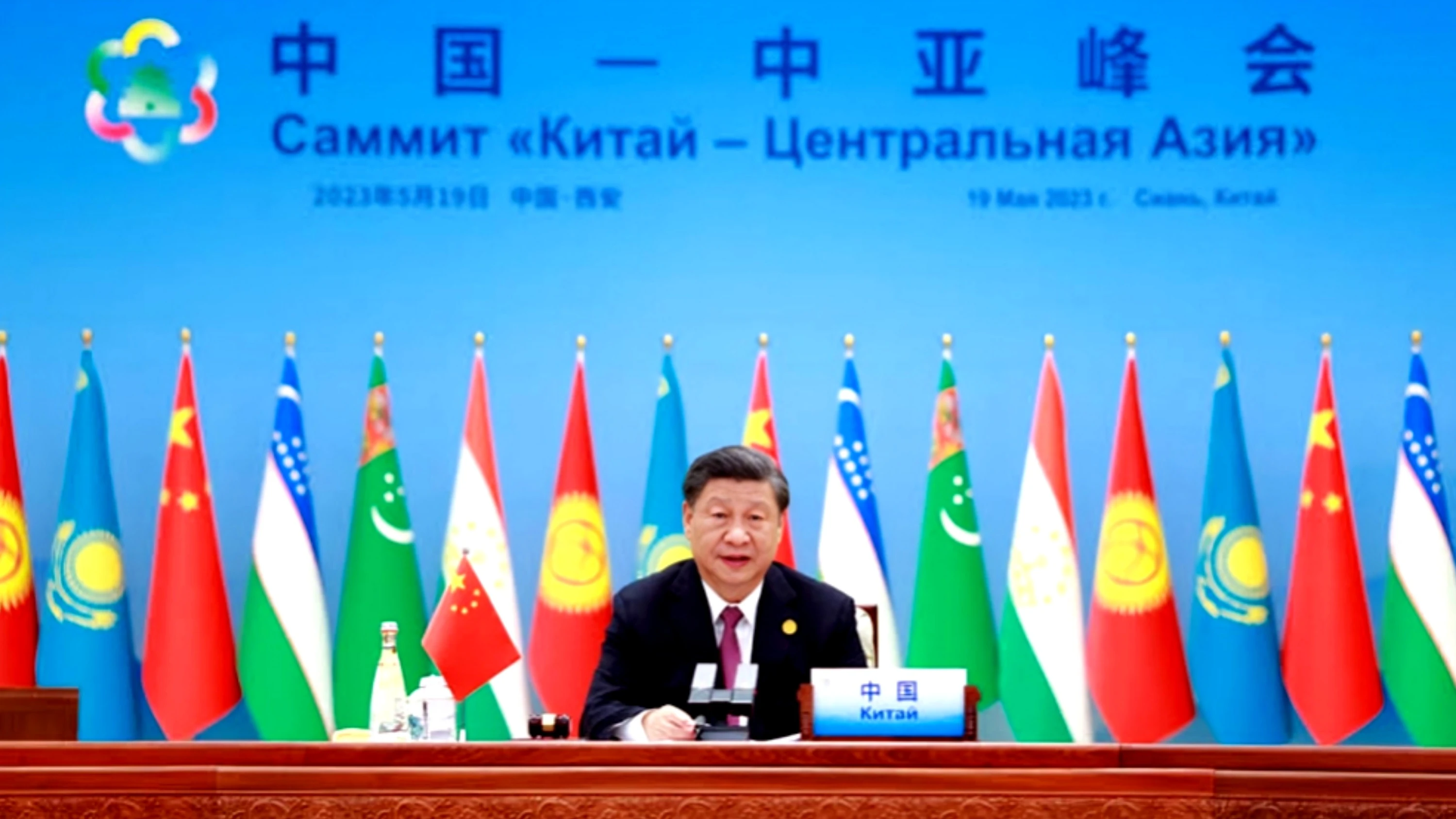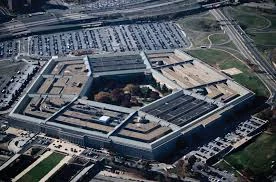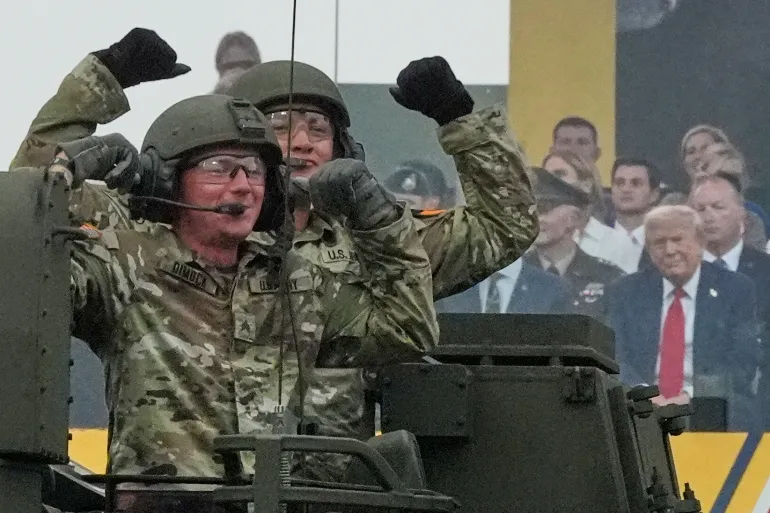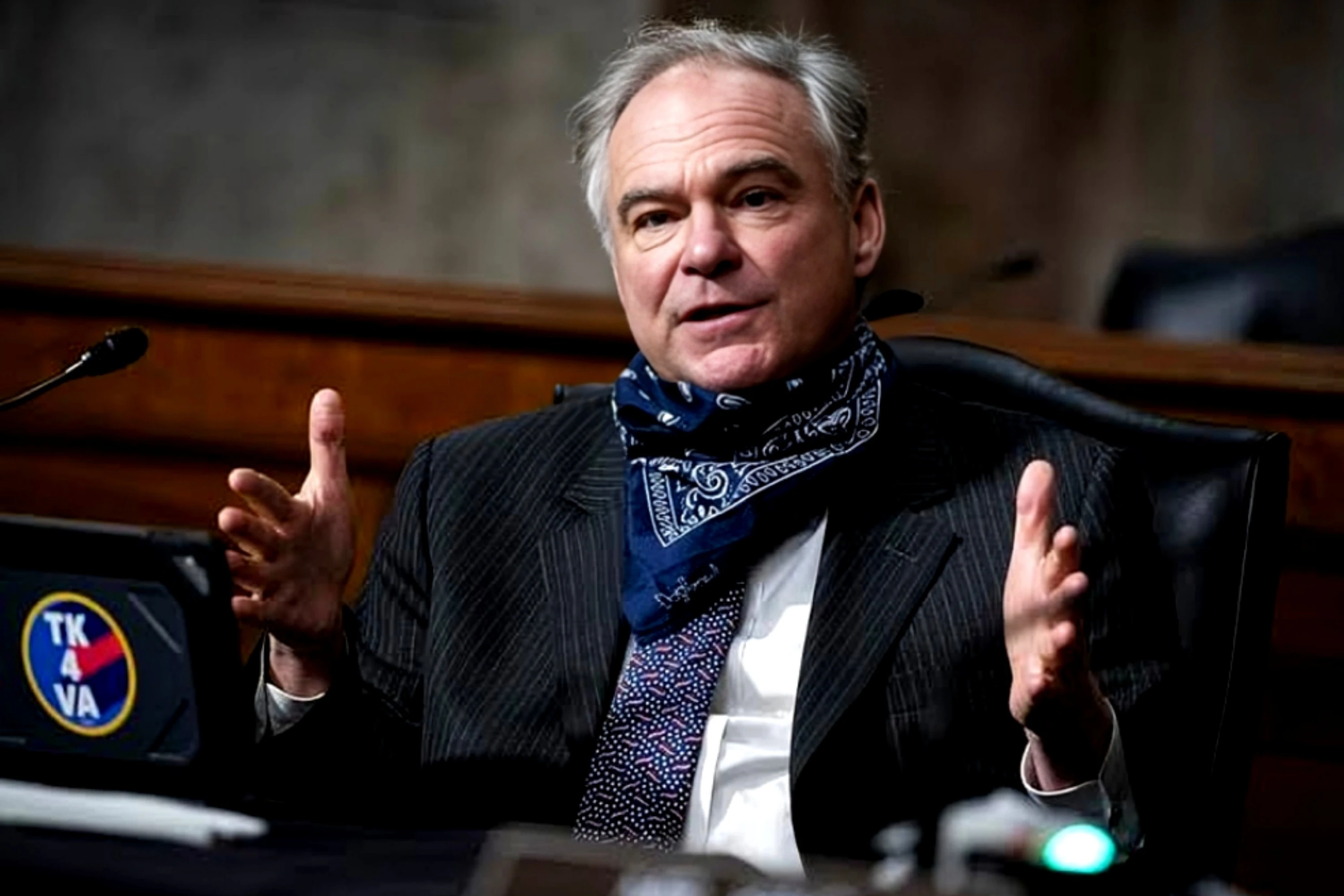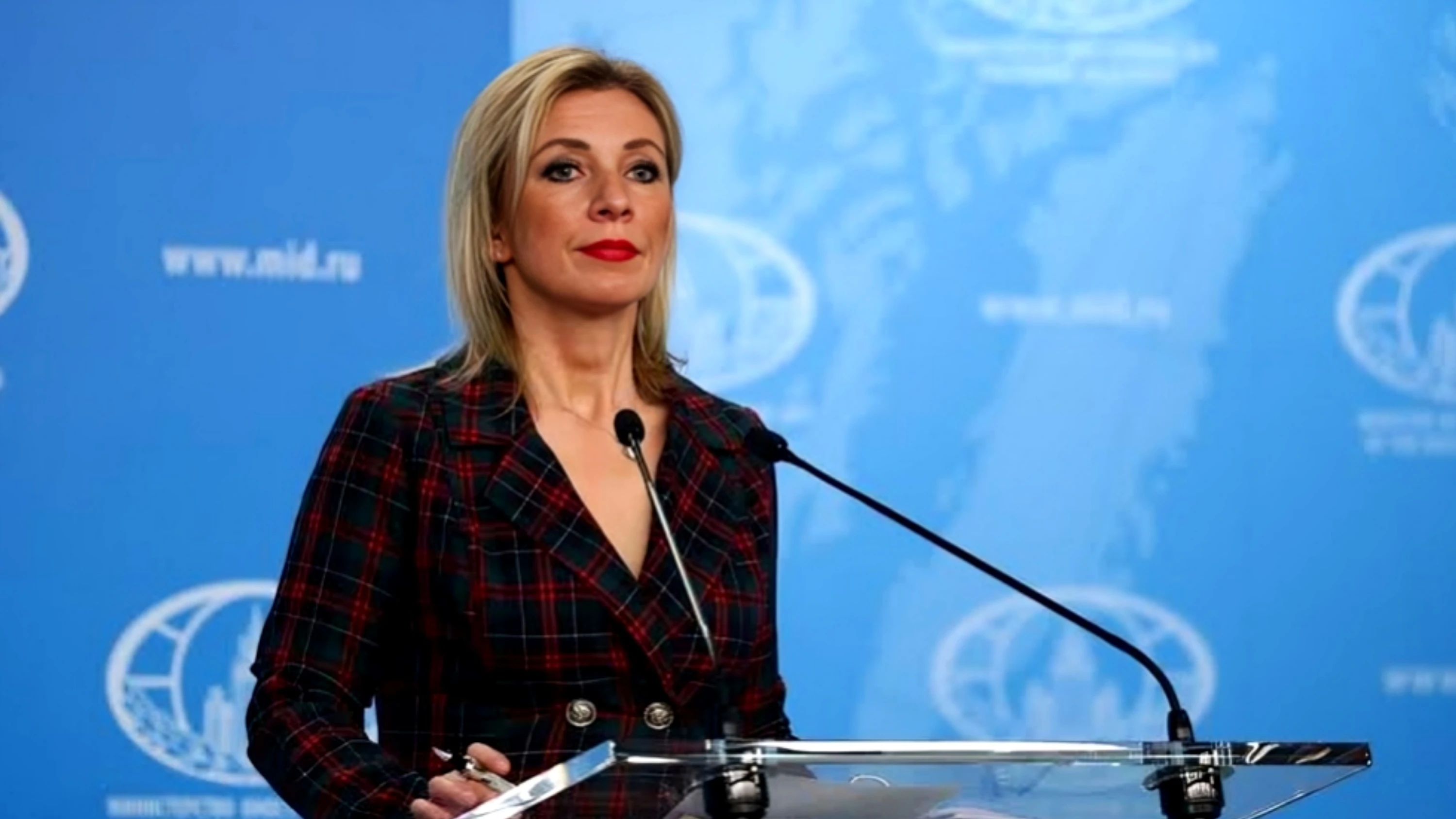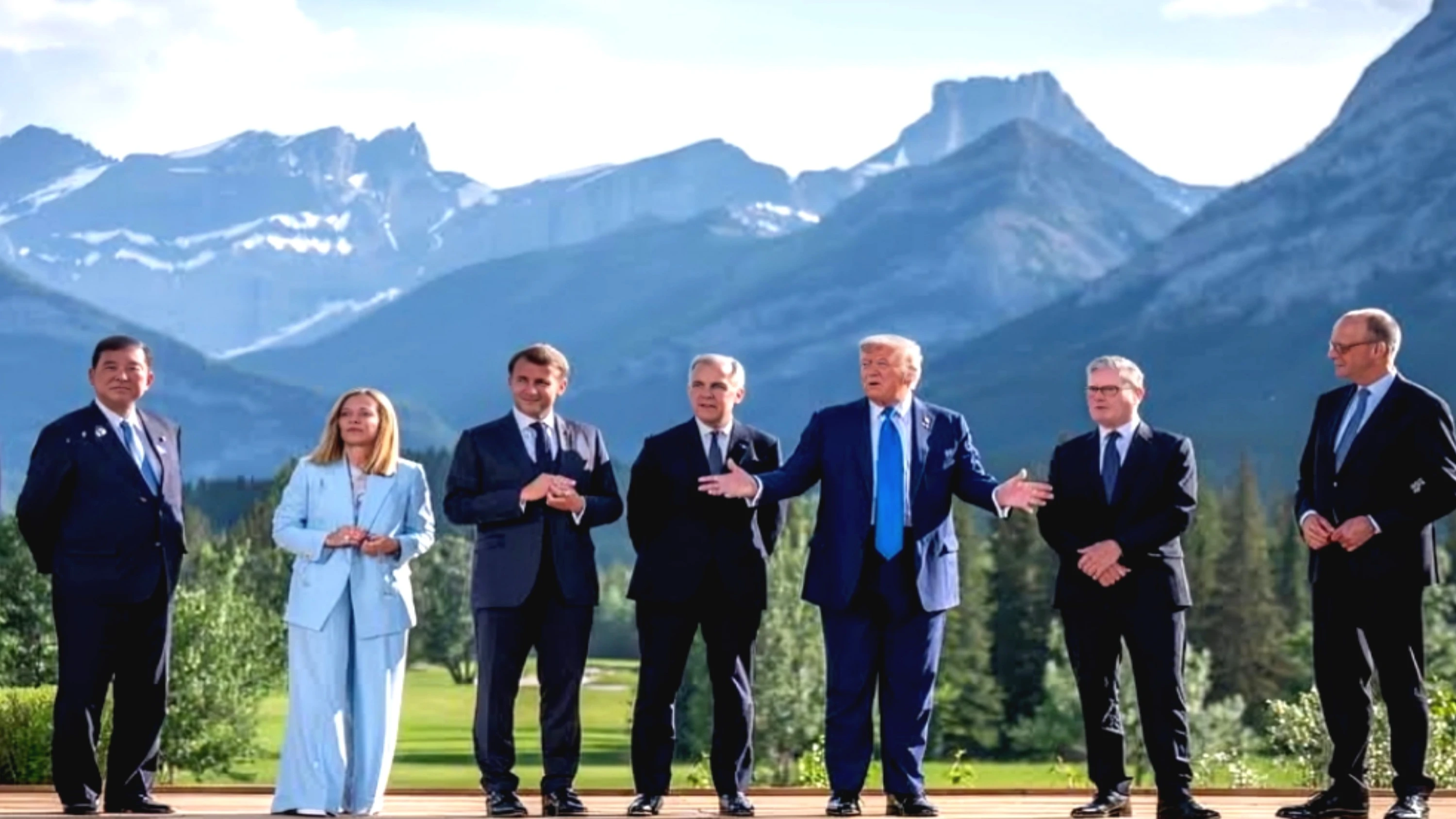Kananaskis: What was billed as a show of strength by the world’s wealthiest democracies ended in muted results on Tuesday, after six of the Group of Seven (G7) leaders failed to reach decisive common ground on Russia’s war against Ukraine or the fast-escalating Israel-Iran confrontation.
The two-day summit lost momentum when U.S. President Donald Trump abruptly departed a day early, citing fresh hostilities in the Middle East. In his absence, Canadian Prime Minister Mark Carney hosted his counterparts from Britain, France, Germany, Italy and Japan for a closing session that featured Ukraine’s President Volodymyr Zelenskyy and NATO Secretary-General Mark Rutte.
“We are ready for peace talks and an unconditional ceasefire, but we need pressure from our allies,” Zelenskyy told reporters, underscoring Kyiv’s urgent plea for continued Western backing.
No Joint Ukraine Declaration
U.S. diplomats resisted efforts to craft a unified statement condemning Russia’s invasion, preferring room to pursue Washington-led negotiations with Moscow. As a result, the leaders dispersed without a collective position on Ukraine, though several pledged in one-on-one meetings with Zelenskyy to keep weapons and aid flowing to the front lines.
Separately, Washington inked a bilateral deal granting American companies access to Ukraine’s rich mineral deposits—resources Ottawa fears could be cornered by what the G7 called “non-market practices” that threaten global supply chains.
Technology, Minerals and Artificial Intelligence
Despite their deadlock on security issues, the six leaders did agree to cooperate on shielding critical minerals from monopolistic trade tactics and on steering the rapid expansion of artificial intelligence to avert job losses and environmental harms while still harvesting its economic benefits.
Middle East Tensions Cast a Shadow
The summit unfolded against the backdrop of intensifying Israeli strikes on Iranian targets and Tehran’s retaliatory missile and drone barrage. French President Emmanuel Macron cautioned allies against pursuing military-driven regime change in Iran, warning it could fracture an already volatile region. Israeli Prime Minister Benjamin Netanyahu had earlier urged Iranians to seize Israel’s attacks as a catalyst for toppling their government.
Before boarding Air Force One, Trump briefly rejoined his counterparts to endorse a limited statement urging “de-escalation of hostilities in the Middle East, including a ceasefire in Gaza,” and vowing that Iran “must never obtain a nuclear weapon.”
A Summit Short on Solidarity
Ultimately, the gathering underscored the difficulty of projecting G7 cohesion while Washington charts its own course. Leaders left the Rockies pledging to keep talking—yet the absence of a unified communiqué on the very crises that dominated their agenda revealed just how elusive collective action has become.


